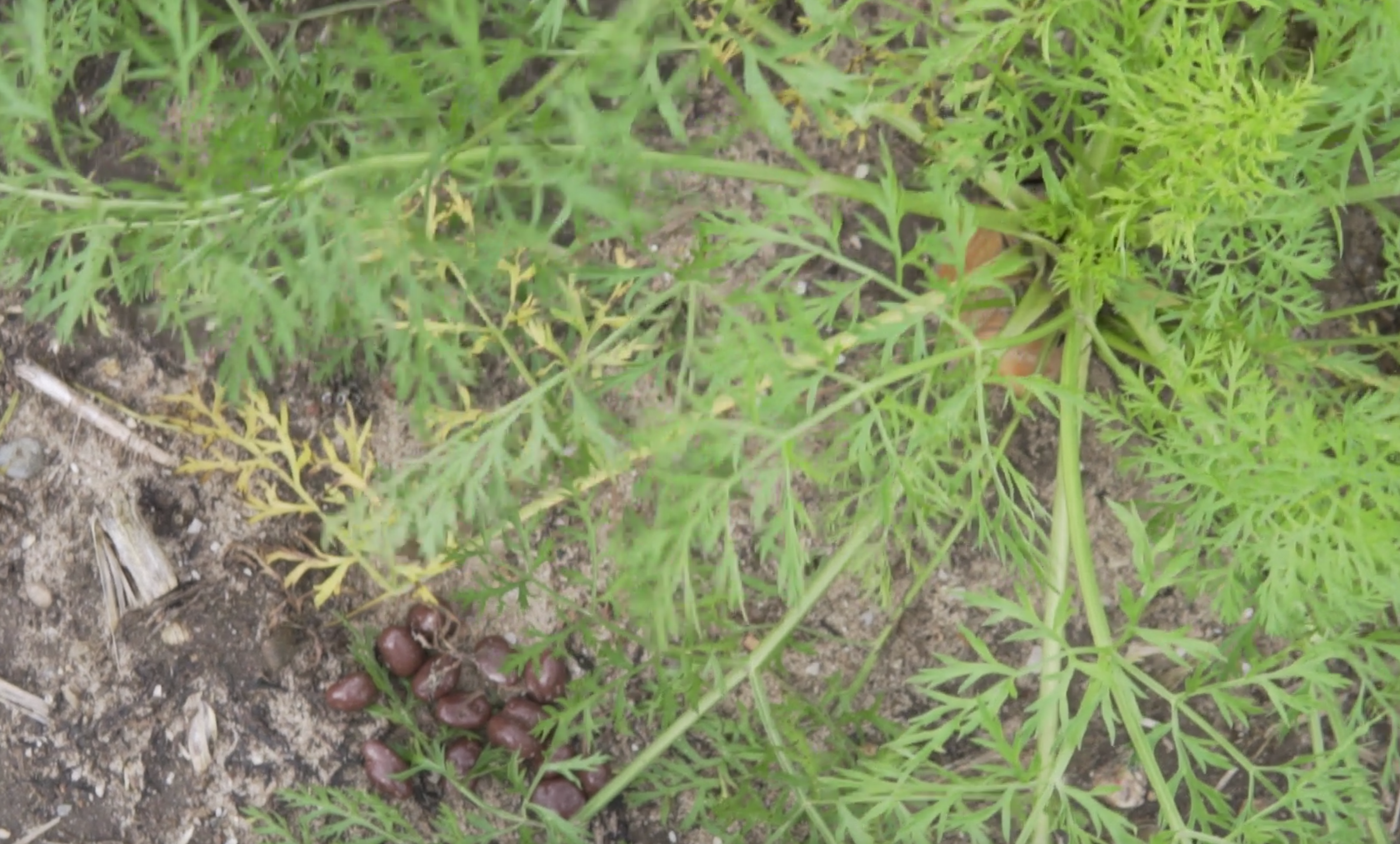What's the Scoop On Poop?

Newaygo Conservation District Produce Safety Technician

To shovel or not to shovel, is an important question facing growers who find fecal contamination in their fields and orchards. This can often depend on whether the waste is in a high foot traffic area, and how the individual handling it can contribute to the minimization of risks to produce items or food contact surfaces. There is nothing in the Produce Safety Rule that expressly states that fecal contamination has to be disposed of. However, harvesters must take reasonable measures to avoid cross-contamination of pathogenic microorganisms to their crop, which can often mean removal is the best option.
An important factor to consider is: can the handler wash their hands immediately after disposal? If the answer to this question is a “shoulder shrug” or a "no," then it is best to flag it and move on. Often times, the person handling a high-risk shovel or poop scoop is also the harvest lead whose job includes leveling produce items with their bare hands in order to balance a box or harvest lug.
Ultimately, if there is adequate access to handwashing, it is important to remember that the fewer surfaces that contact the fecal contamination, the better. A dedicated poop scoop that can be used to transport the fecal contamination back to a trash bin might be an improvement to the old shovel and poop bucket system. In addition, pet waste bags could be an option, as they are adequate for removal of fecal matter, and are easier to transport than shovels and scoops. In the end, just like any other method of removal, if the handler is using pet waste bags to remove fecal matter, they should definitely wash their hands prior to touching any produce or food contact surfaces.



 Print
Print Email
Email